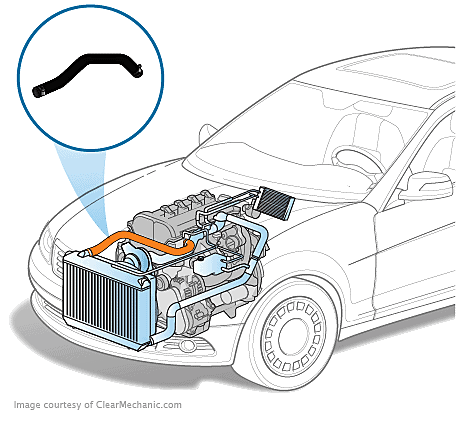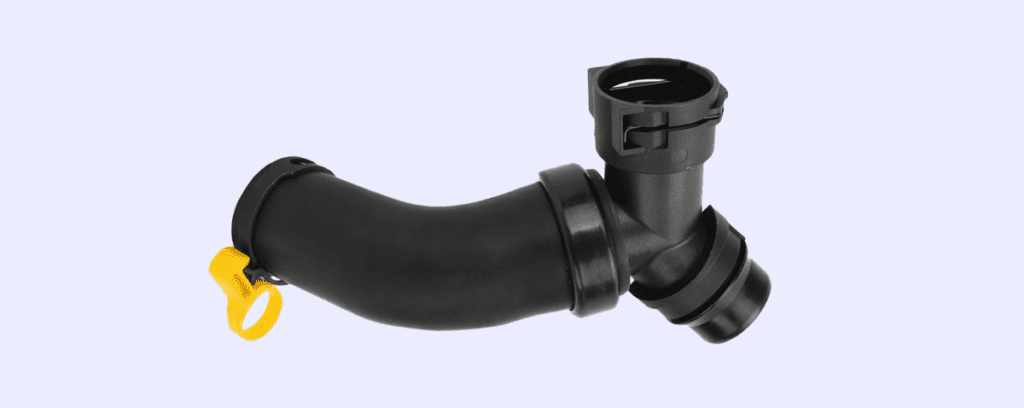Neglecting This Tiny Component Could Cost You Big Time
Did you know that a small, often overlooked part of your vehicle’s cooling system can lead to costly repairs if neglected? Meet the coolant connector pipe, a crucial yet underappreciated component that ensures your engine stays cool. In this guide, we’ll explore everything you need to know about coolant connector pipe replacement, including costs, symptoms, and helpful tips for prolonging its life.
What is a Coolant Connector Pipe?
The coolant connector pipe is an essential part of your car’s cooling system. Its primary function is to connect various parts of the system and facilitate proper coolant flow, preventing your engine from overheating.

How Much Will it Cost to Replace a Coolant Connector Pipe in Canada?
In Canada, the cost of replacing a coolant connector pipe varies depending on your vehicle’s make and model, as well as your location. Here’s a rough estimate of the costs: parts typically cost between CAD 50 and CAD 150, while labour charges can range from CAD 100 to CAD 300, accounting for 2-4 hours of labour time. In total, you can expect to pay anywhere from CAD 150 to CAD 450 for a coolant connector pipe replacement. Keep in mind that these figures are approximate, and actual costs may differ based on various factors.
What are the Symptoms of a Faulty Coolant Connector Pipe?
Be on the lookout for these symptoms that may indicate a faulty coolant connector pipe:
• Coolant leaks under the vehicle
• Engine overheating
• Low coolant levels
• Inconsistent temperature gauge readings
How Long Does a Coolant Connector Pipe Last?
A coolant connector pipe generally lasts anywhere from 100,000 to 160,000 kilometers. The actual lifespan depends on factors such as driving habits, vehicle maintenance, and the quality of the part.
How Does a Coolant Connector Pipe Become Defective?
Coolant connector pipes can become defective due to corrosion and rust from exposure to coolant and road debris, cracks resulting from wear and tear or stress, and damage caused by engine vibration or extreme temperature changes.
How Can a Faulty Coolant Connector Pipe Affect Other Systems in the Car?
A faulty coolant connector pipe can have far-reaching consequences for your vehicle, including engine damage due to overheating, reduced fuel efficiency, and potential damage to the radiator, water pump, and other cooling system components.
Is it Safe to Drive with a Faulty Coolant Connector Pipe?
Driving with a faulty coolant connector pipe is risky, as it can cause your engine to overheat, resulting in severe damage and costly repairs. It’s best to address the issue as soon as possible to avoid further complications.
How Can I Make My Coolant Connector Pipe Last Longer?
To extend the life of your coolant connector pipe, consider these tips:
• Regularly check and maintain proper coolant levels
• Inspect for visible signs of damage or wear
• Follow your vehicle manufacturer’s recommended maintenance schedule

Conclusion: Coolant Connector Pipe Replacement
In conclusion, paying attention to your coolant connector pipe and addressing issues promptly can save you from expensive repairs down the road. Keep an eye out for warning signs, and follow the tips provided to ensure a longer-lasting coolant connector pipe.
